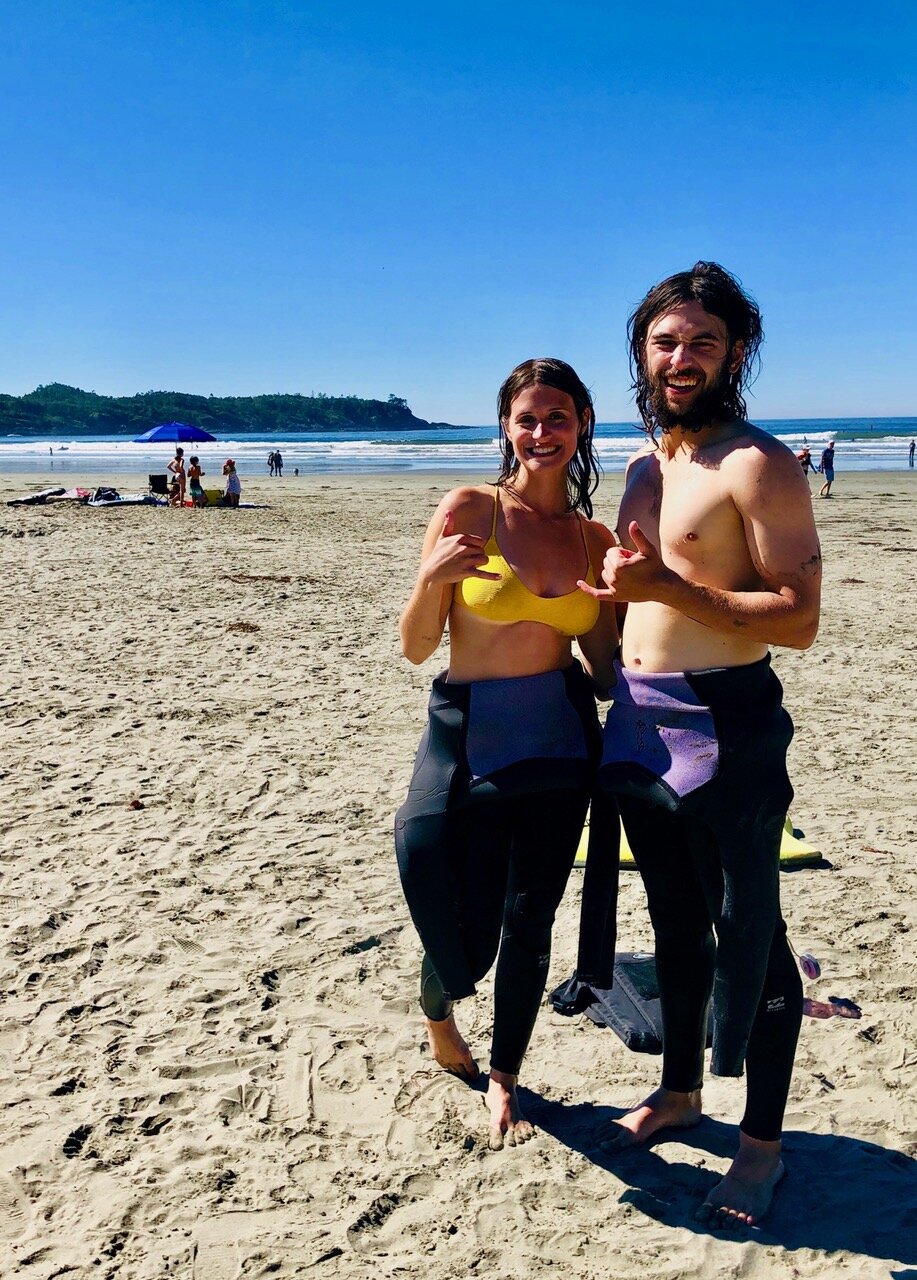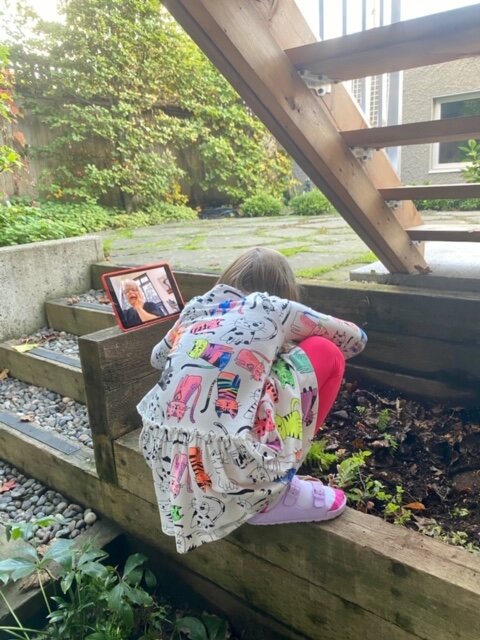Perhaps it seems counterintuitive to write about “a happy place” as 2020 draws to a close in the midst of a raging pandemic. Yet, perhaps such a place is even more necessary and a balm for the times.
What is it? Where is our “happy place?” How was it created?
What is “ a happy place”?
The idiom first appeared our language in the 1990s and dictionaries give fairly similar definitions. The Oxford dictionary describes it as “a place which a person associates with happiness, visualized as means of reducing stress, calming down; hence a happy state of mind.” Longman Dictionary tells us that if we are in or go to our happy place, we imagine we are in a place that makes us feel calm and happy because it helps us stop thinking about a bad situation. If we want a rougher, more colloquial definition, the Urban dictionary puts it this way: “It is a place inside of all of us where we are all happy and get warm fuzzies. Our happy places are insulated from the shitheads that make up just about everyone we encounter.”
For me, it is a place that grounds me, reduces drama, celebrates my worth, allows perspective and fosters resilience. For me, it is also a place that has the spiritual dimension of nurturing my soul. It is place that ultimately delivers joy. Is this not just what we need this December?
Where is this “happy place?”
Often it is an exotic location that requires travel to get there. This year my friends and I have frequently experienced the sad ache for Hawaiian palms, the fragrance of plumeria and a piña colada by the ocean.
For some people it is a cold place, high in snow-clad mountains on a sunny fresh powder day. It is a place which is different from the everyday. In this place we are lifted out of ourselves to a better, kinder, more relaxed version of ourselves.
Not all happy places are faraway holiday spots. This is a good thing when travel becomes impossible.
I grew up in a multi-generational family. I was the baby. Neither my parents, my siblings, their friends, our boarders nor my live-in grandfather can remember where I slept. As a teen I would ask them rather plaintively, “where was my room?” With no one able to recall, they suggested the hallway, the closet and, finally, the corner gas station. As we had only one bathroom in the house, I was frequently sent to the gas station to use the washroom, which made that suggestion a bit plausible. Eventually they all got married or went to war or both and left home. At last, I was to have my very own bedroom. My father wallpapered it in never-to-be-forgotten blue morning glories. My bedroom became, in my mind, the happiest place I had ever known.
The result is that my bedroom remains such a happy place for me and I get to visit it every day and spend hours there. Over the years I have been able to upgrade it, and now it is the most spectacular space in my house. I attempted to give my children unique and private bedrooms. My son’s, with a built-in hanging ten-foot-long bed, was a winner. A remnant of the circus bedspread still hangs in his office window as a curtain. My daughter’s hot pink walls, I have learned, was a bit of overkill.
I wish for everyone a happy place within their home. My mother’s was the kitchen. For my father it was a chair by the window which gave him a view of the world. For my elder brothers it was their cars. For my sister it was her craft cupboard.
Pretty simple magic
This Christmas my back porch is such a happy place. For $40 spent at the local hardware store I found a string of lights that are shaped like stars. I keep finding excuses to go out there and dance a little and just smile and smile, even in a pandemic. I lose myself in possibility and beauty.
Many people have a happy place in nature. I am so blessed to live in “Super Natural British Columbia,” as our slogan points out. I am five minutes from the sea, and it is always a soul-replenishing place for me, even when I lament its condition. In the 1980s, the Japanese gave the world “shinrin-yoku,” forest bathing. I never was a woods walker, but I am now converted. This COVID year has transformed just about everyone into a gardener, even if we are just working with indoor plants. The city-bound can find their place in a park or by a water fountain. Some of us can return again and again to a nature show on the screen.
Sometimes it is a place where your roots are. I know someone right now for whom it is Baton Rouge, Louisiana where he grew up. Sometimes the roots can go a long way back. My niece and I simply feel it when we put our feet down on the soil of Cornwall. This goes back to this house, still standing, which our great great great etc grandmother left in the early 1800s to come to Canada. This house, about to be updated once again by distant family, appears in the Domesday Book, commissioned in 1085 C.E./A.D.
Here it is, standing still by the sea.
We have so many ways of keeping happy places close if we cannot be there. Mementoes and photographs, clothing, reflection, food, activities and language keep a happy place beckoning us to return. I regularly buy clothes made in Cornwall just to mimic being there.
For some, a happy place is a feeling. The hour or so after vigorous exercise is glorious. The released endorphins lift the mood and all that was not possible is now possible. I have often witnessed that when partners in intimate relationships engage in regular exercise they argue much less. I know another person who feels this when his yoga class finishes and he can rest for a precious moment before facing the world replenished.
The feeling of satisfaction at the end of a task, a project completed is a happy place. From my grandmother I learned that the last stitch in any finished sewing project needs to be kissed in celebration. This is my last essay that completes a New Year’s resolution to write twelve in 2020. XXX!
Often being in a relationship is a happy place. There is a reason that drinks before dinner are called “happy hours.” A couple shared with me recently that for 45 years of marriage, almost every evening before dinner they share a glass of wine and discuss the day’s activities. Their intimacy is grounded in this happy place.
For many as they enter the door to home the welcome of an animal eager to play and cuddle is the most dependable happy feeling of the day. I am sure we have all come to know about what I call a COVID puppy.
For so many, it is a song that evokes so powerfully a good and deep place; the song you fell in love to, the anthem that inspired you and even the cello music that played your grief. Music evokes places of wild happiness, of joyful aspiration and also peaceful release.
Once our minds turn toward happy places, we can be flooded with our own. It is my wish for you in these dark days to spend time in your happy places.
How do happy places get created?
Sometimes happy places evolve over time. It takes effort in more ways than one to make a dwelling, a home. Sometimes, we have to wait for the place and/or experience to grow on us. Sometimes, we can have to wait for the dream place to arrive as in my bedroom. Sometimes, they seem to appear out of nowhere and surprize us. The first time I went to Cornwall, I wondered why I slept so well.
A happy place requires of us an open mind and heart. We must consent to be changed. There is choice. Happy places are transformative and we must be willing participants. I have opened slowly to being a forest bather much preferring the sand and surf. The forest remains for me, a work in progress.
In the past year I have observed two happy places I would like to celebrate; one newly birthed and another enduring over time and space.
Early in September I was privileged to have my grandson and his girlfriend visit for nine days. They are twenty years old, in a three-year relationship, on a holiday before returning to university. I took them to many places, but most importantly to Tofino on the west coast of Vancouver Island. This is a happy place for me and for my grandson, who has been going there since he was a toddler. He was bringing his “love” to this place for the first time. What a gift for me to be an observer.
Nature cooperated and gave us four days of blue sky in Tofino. The ocean crashed. The surfers and boogie boarders did their thing. My grandson took off on a boogie board while his girlfriend was less sure on the board. There were moments of tension, and then he slowed down and she caught up. A “happy place” was born for them both. I got to witness it and capture it in a photo.
Oh to be 20!
The second celebration was shared with me by friends on Bribie Island in Queensland, Australia. Their son, his wife and their only grandchild live in my neighbourhood in Vancouver, Canada. This sort of long-distance grandparenting is very common these days. The grandmother in Australia and the granddaughter in Canada have a very happy place. It is a laptop infused with meaning.
Every day, for one to two hours, at the now-seven-year-old’s pre-dinner time, she and grandma hang out, reading and exploring and doing things. Grandma tells me this time is inviolable , seven years in duration and is regularly scheduled in her agenda. The young girl carries her laptop around with her. Recently she and grandma gathered acorns, placing them on leaves and making a buffet for the squirrels. Across oceans they commune in such a happy place of connection.
Grandma and grand daughter.
A Feast fit for Royalty!
I wish this December to celebrate your happy places and encourage you to be open to a new happy place, gobsmacking you with awe and wonder.





